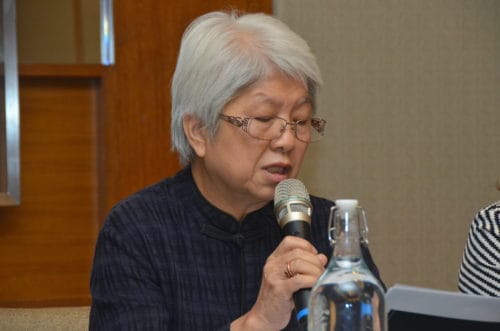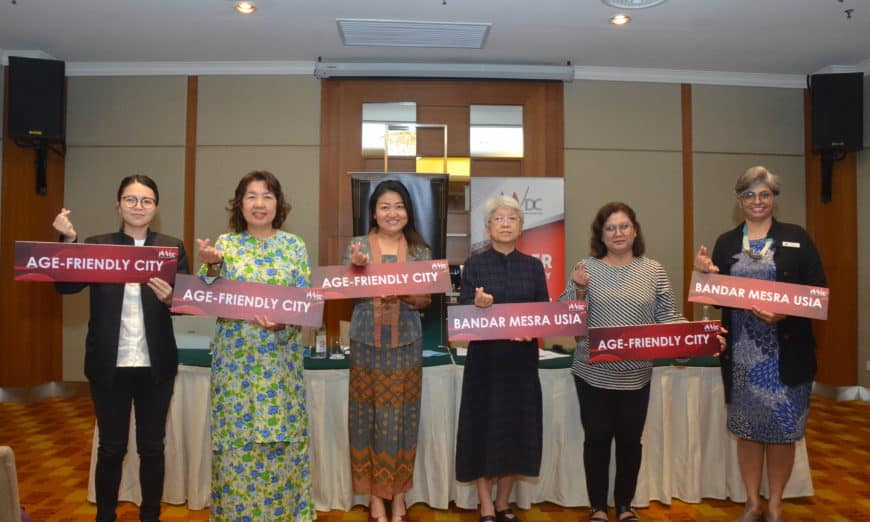THE Penang Island City Council (MBPP) will apply to join the World Health Organisation (WHO) Global Network for Age-Friendly Cities and Communities in March this year, says state executive councillor Chong Eng.
Chong Eng, who is in charge of Social Development and Non-Islamic Religious Affairs, said she was hopeful of the application being approved this year.

“This is part of the state government’s efforts to make Penang an age-friendly city. We will focus on submitting the application to WHO for the island first, followed by Seberang Perai,” Chong Eng told a press conference during an engagement session between the Penang Women’s Development Corporation (PWDC) and Malaysian Healthy Ageing Society (MHAS) with the state departments and agencies at Cititel Penang on Jan 10.
Also present were Sungai Pinang assemblyman Lim Siew Khim, PWDC chief executive officer Ong Bee Leng, MBPP councillor Connie Tan and MHAS president Prof Dr Shahrul Bahyah Kamaruzzaman.
Chong Eng said the two-day engagement session was to gather valuable inputs and suggestions from various stakeholders, such as non-governmental organisations (NGOs), state government departments and agencies regarding age-friendly city initiatives.
Older persons, she said, require supportive living environments to compensate for physical, cognitive and social changes associated with ageing.
“Thus, making Penang more age-friendly is a necessary and logical response as it can promote the well-being and contributions of older urban residents and keep the state thriving.
“After all, the United Nations Population Project predicts that by 2040, Penang will have the highest ageing population in Malaysia. Roughly 26.2% of our people will be 60 years old or more.
“Thus, we must act now and prepare for this transformation,” she said.
According to Chong Eng, the age-friendly city initiatives proposed by the state government, through the PWDC in collaboration with MHAS, have eight domains.
“They are outdoor spaces and buildings, community support and health services, transportation, communication and information, housing, social participation, respect and social inclusion, civic participation and involvement.
“But, we don’t have to necessarily start with all the eight domains. Instead, we can start with four first.
“We have not decided yet on which of the four domains is our priority, but we will soon, through engagement sessions like today and the upcoming survey to the wider community to get more input, before we decide on them.
“After that, we will compile all the inputs and publish the baseline study that contains the gap analysis based on all the inputs we get. This data will be included in the application for submission by MBPP in March.
“Once it is approved, we will start with the four priority areas (domains) that have been identified,” she said.
Story by Riadz Akmal
Pix by Siti Nuratikah Rahmat

